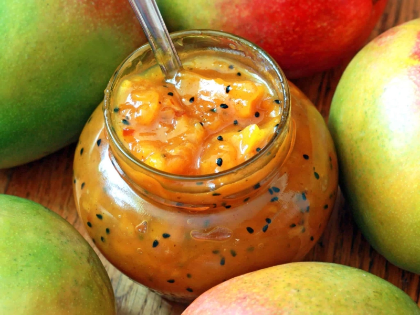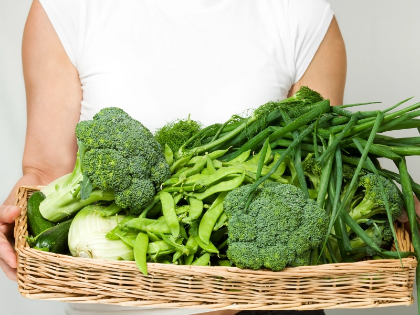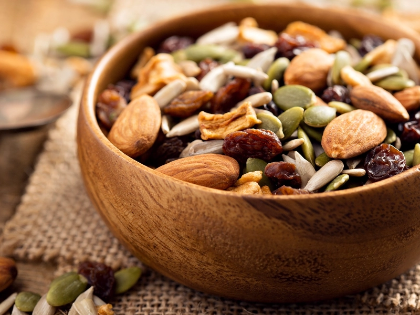The Cancer-Fighting Potential of Whole Grains
Particularly in the fight against cancer, whole grains are coming under more and more importance for their several health advantages. Varieties of brown rice, quinoa, barley, and oats among other nutrient-dense foods abound in vitamins, minerals, and antioxidants. Studies suggest that including whole grains in your diet might significantly lower your risk of several kinds of cancer. This post looks at whole grains' cancer-fighting power, their nutritional value, and useful approaches to add them into your diet.
Appreciating Whole Grains
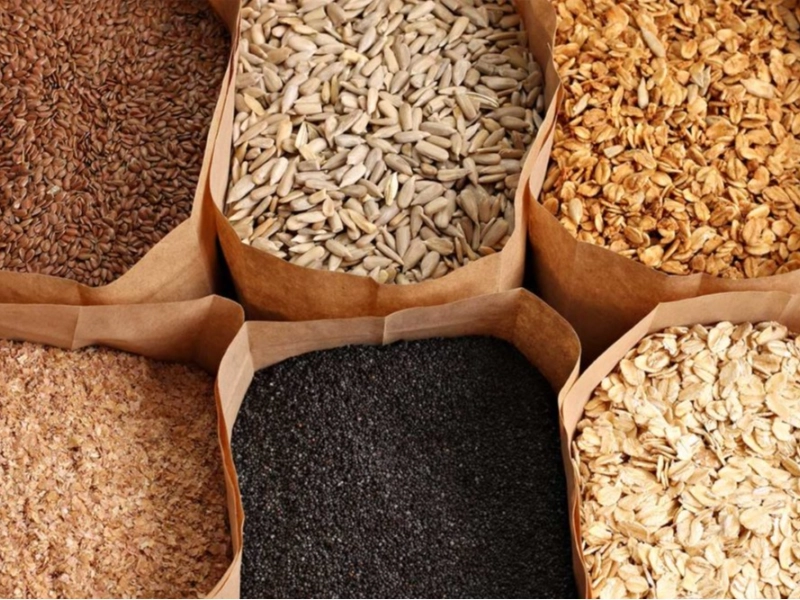 Advertisement
Advertisement
Three main parts make up whole grains: the bran, germ, and endosperm. Whole grains keep all of the grain, unlike refined grains whose bran and germ have been eliminated, thereby offering a rich supply of nutrients. While the germ comprises good lipids, vitamins, and minerals, the bran is high in fibre, B vitamins, and antioxidants. Mostly, the endosperm supplies carbs and some protein. Especially interesting is the whole grain fibre count. Dietary fibre has been connected to a lower incidence of digestive problems including colorectal cancer. It supports general gut health, aids with digestion, and helps to keep weight in line. Selecting whole grains instead of refined products will not only improve your diet but also help to reduce your cancer risk.
Nutritional Elements Counteracting Cancer
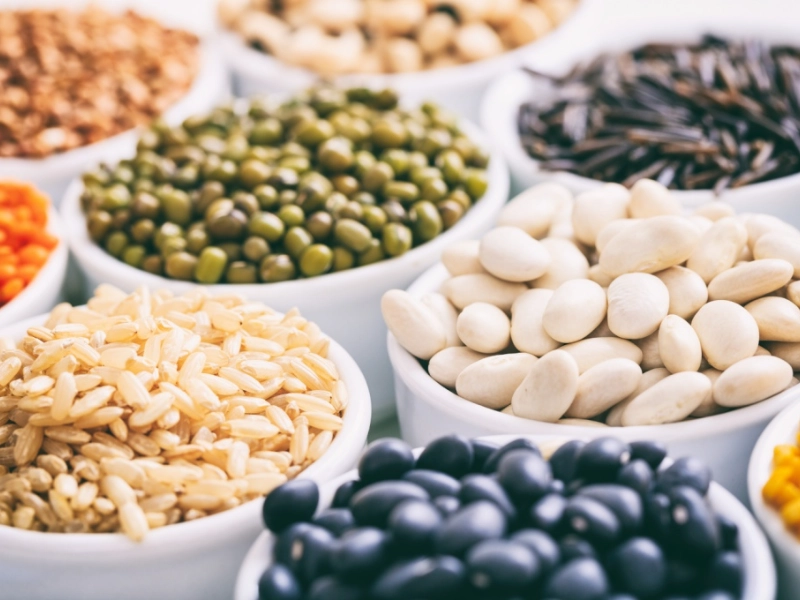
Many vital minerals abound in whole grains, which also help to explain their cancer-fighting power. Dietary fibre is one of the most important elements since it helps to lower the risk of colorectal cancer and stimulate regular bowel motions. Through feeding helpful gut bacteria that can generate short-chain fatty acids with anti-inflammatory properties, fibre helps maintain the digestive tract healthy. Whole grains abound in antioxidants including phenolic acids and flavonoids in addition to fibre. These substances fight oxidative stress in the body, so preventing damage to cells and raising the cancer risk. By neutralising damaging free radicals, antioxidants guard cells from injury. Important for preserving cellular health and stopping cancer formation, whole grains also offer vital vitamins and minerals including vitamin E, magnesium, and selenium.
The Part Whole Grains Play in Weight Control
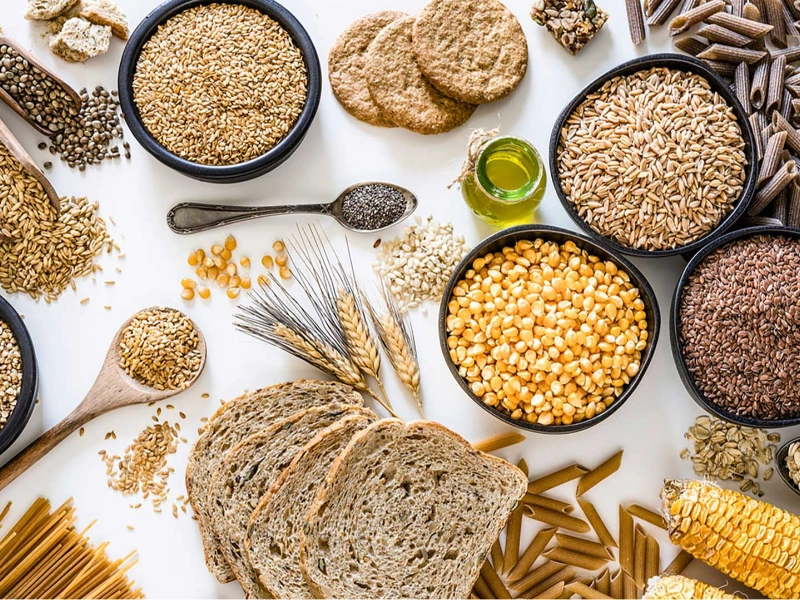
Preventing cancer mostly depends on keeping a good weight. Several forms of cancer, including endometrial, colon, and breast, are associated with obesity; Because of their high fibre content, which increases satiety and aids in appetite control, whole grains can be a great component of a weight control plan. Whole grains' fibres slow down digestion and enable you to feel fuller for longer. Reduced calorie intake and, eventually, weight loss or maintenance follow from this. Whole grains also produce a slower rise in blood sugar levels since their glycaemic index is lower than that of processed grains. Certain tumours have been linked to insulin increases, thus this helps avoid them. Whole grains help to maintain good weight control and lower your cancer risk.
Studies Backing Whole Grains and Cancer Prevention
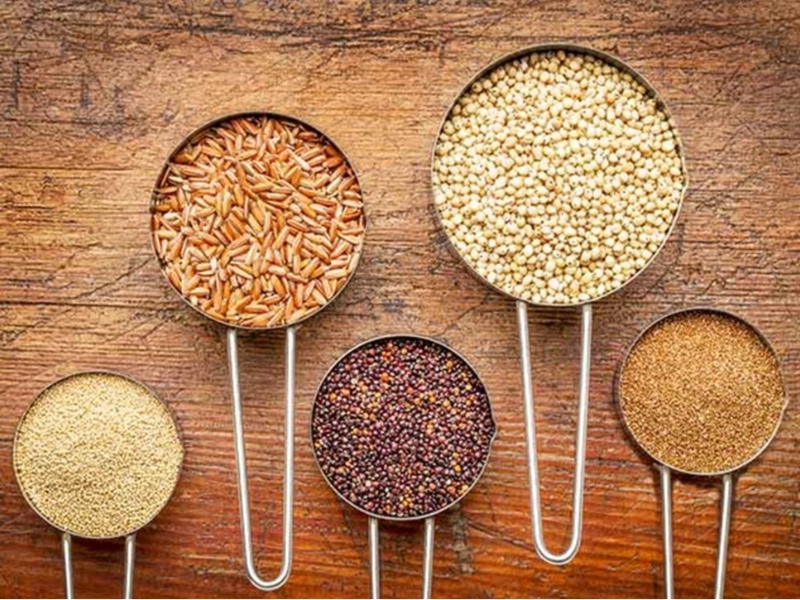
Many studies have shown the connection between a reduced cancer risk and whole grain eating. Higher whole grain consumers have a noticeably lower incidence of colon cancer, as well as other digestive tract tumours, according to published in credible publications. According to a meta-analysis, the risk of colorectal cancer dropped by 17% for every 90 grammes of whole grains eaten daily. Moreover, some research point to a lower risk of breast and prostate cancers connected with whole grain intake. Whole grains' fibre, antioxidants, and anti-inflammatory qualities are supposed to be what confer their protective qualities. The data proving whole grains' cancer-fighting power gets more convincing as studies keep developing.
Adding Whole Grains to Your Diet
Including whole grains into your diet is simpler than you would expect. First substitute whole grain alternatives for processed grains. Choose brown rice instead of white rice, whole grain bread instead of white bread, and whole wheat pasta instead of standard pasta, for instance. Perfect additions to soups and salads are quinoa and barley; oats are a great breakfast choice. Using several whole grains can also provide diversity to your meals. For fresh tastes and textures, try including millet, bulgur, or farro in your cuisine. Furthermore take into account baking using whole grain flours since they will improve the nutritional value of your baked products and give a strong taste.
Value of a Balanced Diet
Though they are very important for cancer prevention, whole grains are only one component of a balanced diet. Combining whole grains with a diet high in fruits, vegetables, lean proteins, and good fats will help to offer the best defence against cancer. To guarantee you're getting a broad spectrum of nutrients, try to load your plate with a rainbow of foods. Crucially important elements in cancer prevention are also regular physical exercise and a healthy lifestyle. Combining a good lifestyle with a diet high in whole grains will help to drastically lower your cancer risk and support general well-being. All things considered, whole grains are quite helpful partners in the war against cancer. Essential for a good diet are their great nutritional value, high fibre count, and antioxidant qualities. Including whole grains in your meals and keeping a balanced lifestyle can help you to maximise their cancer-fighting ability and promote your general wellness.


